TOP 10 DO’S AND DON’TS RIGHT AFTER A CONCUSSION
1. Get checked out
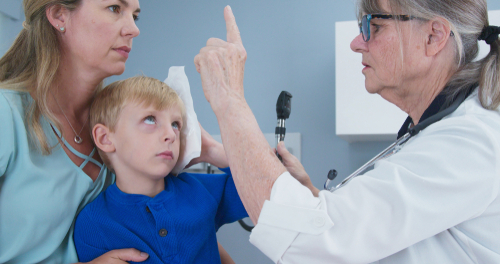
Please get checked out medically to rule out the more serious possible (though rare) sequelae of a concussion, like brain bleeds or spinal or internal injuries. If you don’t have an osteopath who specializes in manual medicine in your rolodex, then certainly get seen by your family practitioner, internist, or neurologist.
2. Breathe!
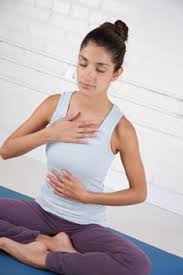
Your heart is racing, your blood pressure is spiking. You may feel “shocky”, jittery, stunned and disoriented. You are taking short, shallow breaths.
Your “fight or flight” nervous system is trying to help you after this injury, but it usually needs help returning to balance. How can you to do this on the spot? Breathe.
Slow, steady breathing will help your nervous system reset. Inhale 4, exhale 4, hold out 4. Do it ten times. Stop of course if you start to feel light headed.
3. Consider Homeomeopathic Arnica
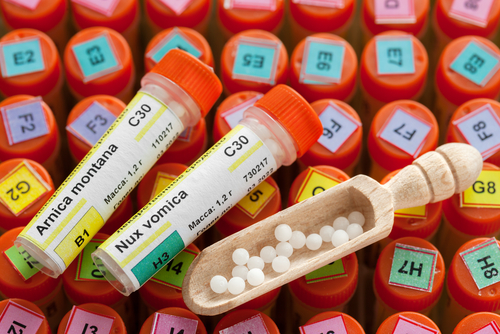
One of the best homeopathic remedies for acute concussion is homeopathic arnica. This assumes that you have been checked out by your physician and cleared of serious pathology such as a brain bleed. I typically recommend my patients take X doses of x strength. Arnica is available at Whole Foods and Pharmaca. Many of my patients carry it in their cars, purses, and gym bags.
4. Stay out of the game
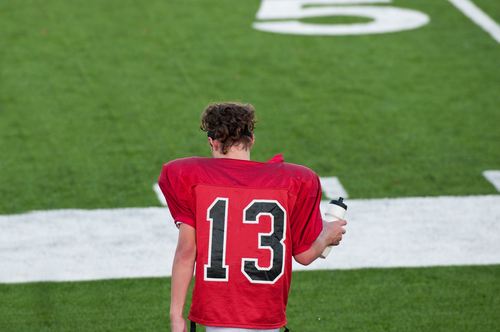
This is the hardest thing for athletes to do. They may not feel terrible yet (thank your adrenaline for that) and you, your coach, your parents, your fans, all want you to return. Here’s why you should man up (or woman up) and DON’T.
a. If you sustain another blow to the head when you are in this vulnerable state, you will multiply the bad effect of both concussions.
b. HEAT is one of the worst things you can subject an injured brain to. You are already sweaty and hot; if you continue to play, you are cooking your already injured brain.
c. Your balance, timing, coordination and decision making will probably be off. This increases the likelihood that you will find your head colliding with something again.
For the same reason, don’t go to the gym. Not yet, anyway. Give it a day or two and then work towards your recovery.
5. Stay Hydrated!
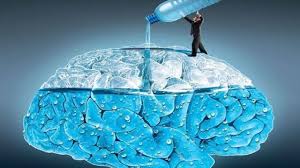
The brain is 73% water by weight; no wonder that a thirsty brain is a tired, disoriented brain. Even in a healthy person, dehydration can cause our brains to quickly lose concentration and focus. There’s also preliminary evidence that dehydrated athletes suffer more concussions.
The injured brain needs water more than ever. Robust fluid flow is necessary to flush out the toxins and debris caused by the injury, Be sure to stay hydrated after a concussion; it’s cheap insurance for your healing.
6. Eat Protein!
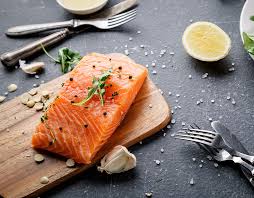
Everything you do to fix your brain will be for naught if you don’t feed it the fuel it needs to heal. The research on the power of food to heal the brain is so overwhelming that it’s shocking that medical people rarely mention it.
Protein is essential for rebuilding damaged parts of your brain. If you do nothing else, eat high quality protein with healthy fats after a concussion. Wild-caught salmon is the ideal choice. Yes, it is expensive. But you need high quality protein and healthy fats, and this is a great way to get it.
While you are at it, eat as many fresh fruits and vegetables as you can tolerate. Inflammation has depleted your brain’s anti-oxidant stores and you need to replenish them. If you just can’t stomach eating them (people’s digestion is often upset after a concussion), put them in a smoothie.
Click HERE for your brain health shopping list, compliments of seniorlivingresidences.com.
7. Take NAC
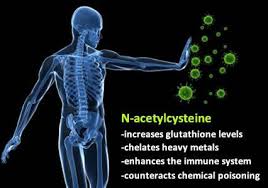
Every now and then a supplement comes along that is so powerful in its effects that it deserves our attention. NAC (or N-acetyl-cysteine) is a powerful form of the amino acid cysteine that has been used for decades in treating acetaminophen overdose. It also replenishes glutathione, one of the body’s most potent antioxidants, reducing inflammation, and regulating glutamate. In one study, 70% of soldiers in Iraq who took NAC after sustaining concussions were symptom free one week later. My patients report great results with this supplement; talk to your physician about taking it after a concussion.
8. Walk!
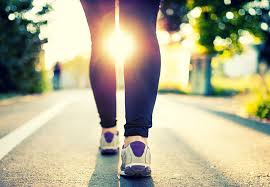
Move! Even though your exercise may be limited in the beginning stage of a concussion, the research is telling us that movement is critical to getting well. Even if you can only walk for a minute or two the first few days, the exercise will improve your mood, your breathing, help calm your nervous system, keep the fluids moving, and create the factors that help your brain heal.
9. Worship Sleep!
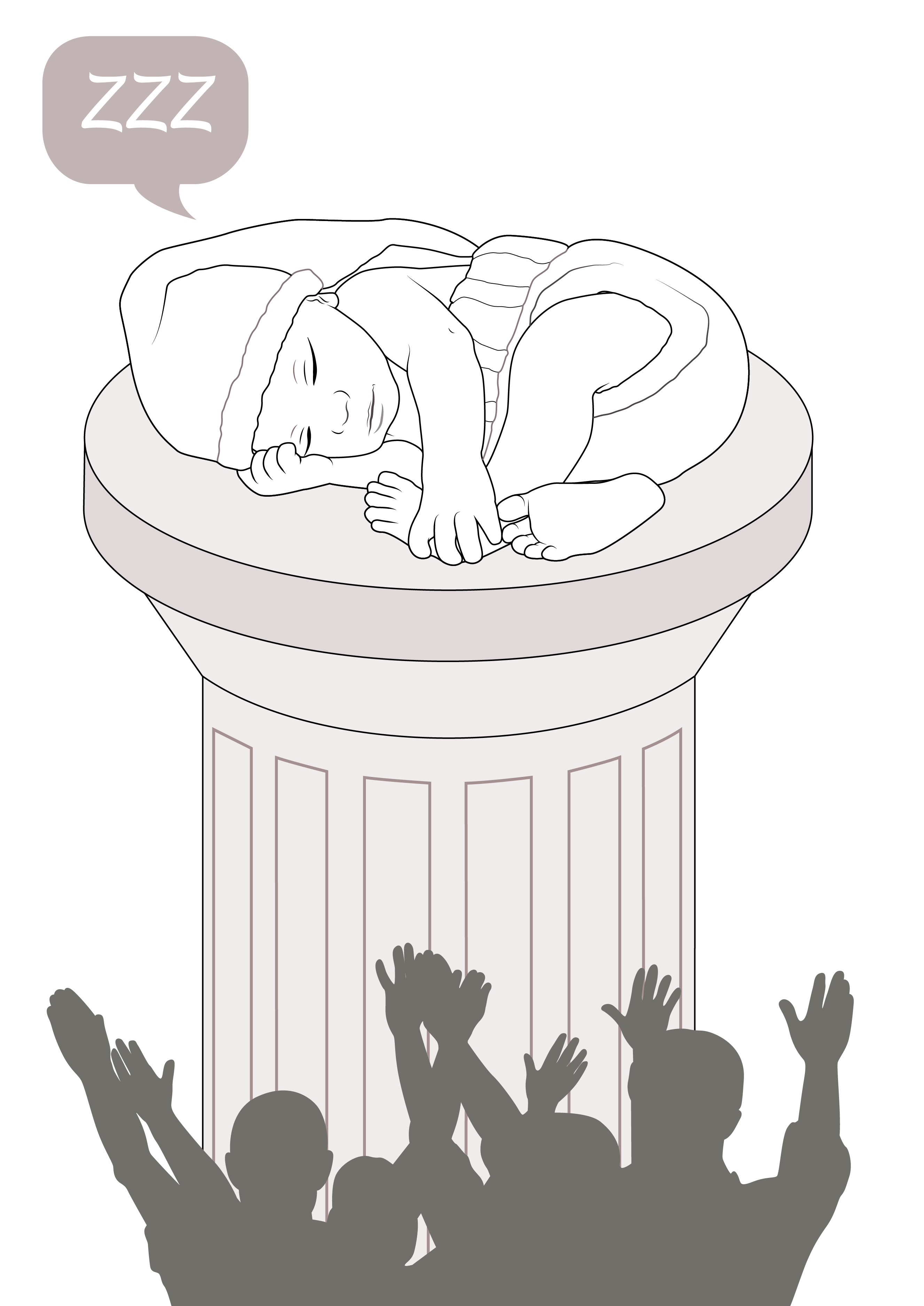
If there ever was a magic elixer that can heal the brain, it’s sleep.
You are probably really tired after a brain injury. Respect that. Your body is telling you it needs to marshall its resources to get your brain better. Pay attention.
Inflammation quiets down when we sleep. Our bodies replenish critical hormones when we sleep. The volume of our brain cells decrease, allowing the cleansing power of the brain’s fluid flows to flood the brain and clear away its garbage. Nutrition, exercise, and sleep: this is what medicine should prescribe to every person who has suffered a brain injury.
10. Don’t fly, lift heavy things, or go to the gym.
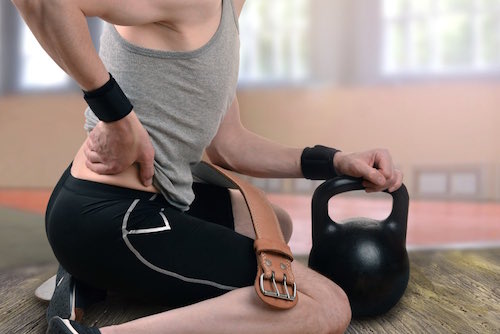
Active people hate when I tell them this. But the truth is, you will heal much more quickly if you respect your brain’s need to heal itself.
Flying increases pressure in the brain: if you just had a brain injury, I advise my patients to give it a few days before flying if at all possible.
Don’t lift heavy things: For one thing, any injury powerful enough to hurt your brain probably also injured your neck, and maybe your back and your shoulders. Sometimes the brain is too preoccupied dealing with the injury to give you accurate information about where your various parts are in space, so you use the wrong muscles to lift, or you haven’t noticed that your neck is not doing well. Swallow your pride and ask for help if you need to.
But no gym? Exercise is critical for healing from brain injury, but it has to be smart exercise. You don’t run a marathon the day after open heart surgery, and you shouldn’t tax your brain right after a concussion. Go outside, walk at a comfortable pace, and see how you do. Get back into your routine slowly, and don’t go full bore until you are cleared by a knowledgeable practitioner.